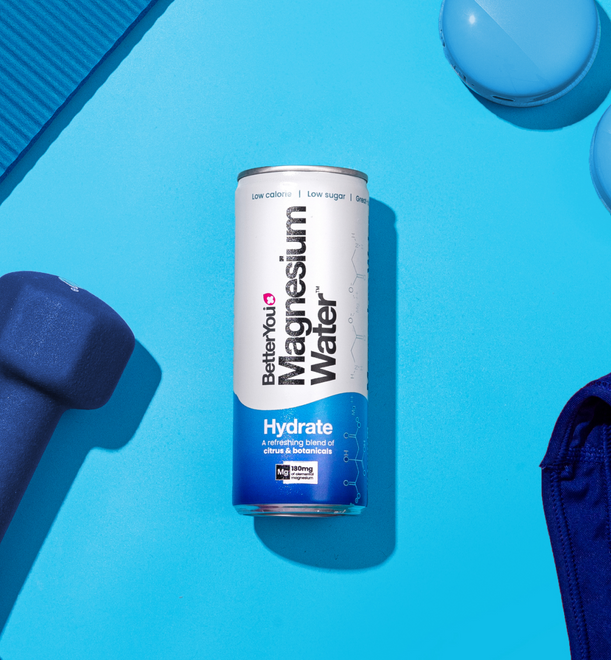Parents can often with how to get a toddler to sleep, but it doesn't have to be a daunting task. Getting your toddler to sleep well is important for both you and them, and we're here to help. We asked Sleep Specialist and Paediatric Nurse, Hannah Love to share her 20 years of experience on getting toddlers to sleep well.
1. Avoid naps near bedtime
Even a ‘power nap’ for a couple of moments could prevent your child from falling back to sleep for several hours! Watch out for your toddler getting drowsy in the high chair, on the sofa or on milk if they are still having it. Any power naps after 2pm can prevent toddlers from going back to sleep well in the evening.
2. Healthy snacks to aid sleep
Magnesium rich foods are great to include as they have been shown to reduce the production of the stress hormone, cortisol. Some sleep-enhancing snacks are:
- banana and nut butter,
- avocado and banana mash
- nut butter on a rice cake
- porridge and milk
Brushing your little one’s teeth should be done at the end of the bed time routine, after any snacks or milk. Try avoiding milk just before bed as all milks contain sugars and shouldn’t be left on the teeth at night.
3. Relax before tucking them in
Although the time before bed doesn’t need to be quiet or seen as ‘wind down’ time it is important it is stress free and happy. Children are amazing at picking up on your body language and tone of voice, any stress will mean they find it much harder to relax when it comes to going to sleep – show that you're happy and relaxed and they will find it much easier to settle.
4. Discover your toddler's sleep triggers
These are repeated each day before bed time, some can also be used for nap time and overnight wakes too. They are there to let your toddler know that bed time is approaching so it isn’t a shock to them when it happens.
Some good sleep triggers could include:
- A bath
- Massage – massage has been shown to promote relaxation, why not try incorporating a short massage with Magnesium Sleep Kids Lotion to help relax muscles and slow sensory activity.
- Lullabies or white noise
- Giving them a comfort item such as a soft toy
- Reading them a story
5. Set manageable sleep goals for your toddler
If your child is feeding to sleep don’t expect to move them instantly to falling asleep unaided. Choose a more gradual change, such as lying with them, once your child is falling asleep without feeding, you can look at ways to move forward from this new point.
6. Prep your kids for sleep changes
If you are embarking on any ‘sleep training’ then explain the change you are going to make first – use role play or pictures to make it easy to understand.
This preparation is also important if you are thinking of removing your toddlers dummy- explain the change, be consistent and stick to what you say. This will make the process easier.
7. Be consistent with bedtime
When parents contact me, I reassure them that all children have the ability to sleep well – the most important thing is for the parent to stay relaxed, consistent and confident.
I hope that these tips help to make bedtime a relaxing and easy process. Please do remember that it is normal for toddlers to sometimes fight bedtime. As long as you stay relaxed and ignore the protests this should pass. The more attention you bring to the behaviour, generally, the longer it’ll go on.
Naturally better sleep with BetterYou
Need some help getting your little one off to the land of nod? Our Magnesium Sleep Kids' range has been specially formulated to relax and prepare children for sleep.
Using pure Zechstein magnesium, combined with lavender and chamomile to help naturally aid restful sleep. The range is dermatologically tested and suitable for sensitive skin.





















